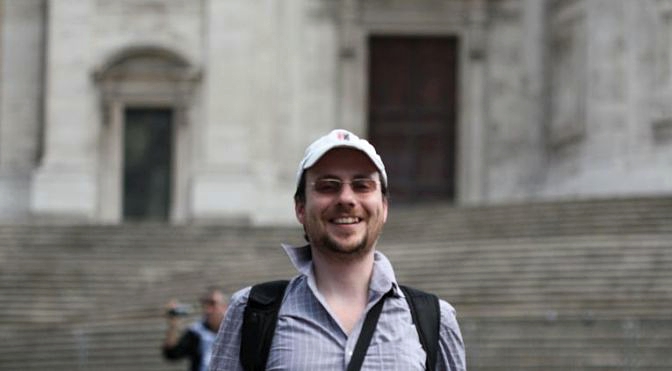An interview with our alumnus Petar Stankov (PhD 2014) done by our current PhD student, Dali Laxton.
You recently published a book. What is it about?
It is about finding out if the economic freedom reforms in the last 45 years have made sense for welfare, i.e., not only GDP/c. but also consumption per capita, life expectancy, and income inequality. The book adopts this broader understanding of welfare than simply GDP/c. because if most of the income growth is channeled to a tiny proportion of the population, then political tensions within a country will grow. Ultimately, the electorate will prefer large-scale redistribution policies, which could lead to stifled growth prospects. The recent seismic changes to the political landscape in both Europe and the US have demonstrated that ignorance of those tensions by the current political class may bring up a generation of new, and far more dangerous, policy makers. The book also studies the empirical link between recessions, unemployment, inflation, austerity, and populism, with an emphasis on the Great Recession. The chapter on populism was recently followed by a forthcoming article in Comparative Economic Studies (June, 2018).
Who or what motivated you to write this book?
My primary motivation was my long-lasting research interests in reform outcomes across countries and over time. In addition, the Great Recession prompted not only policy changes but also changes in the political landscape across the globe. Almost 10 years after the start of the Great Recession, it was time for a reappraisal. The book offers it.
How long did it take you to write this book and how did you manage to organize yourself to write it with your busy schedule?
The first draft of the book took about 9 months to write. Then I submitted a book proposal to Palgrave Macmillan. I was lucky to work with an exceptional commissioning editor at Palgrave Macmillan, who expedited the review process. My referee reports came less than 2 months after the book proposal submission. It took another couple of months from resubmission to acceptance and the book contract. I thought it would take years to get to the book contract. Luckily, Palgrave Macmillan proved me wrong.
The writing organization was no different than any other research production process. I needed dedication, and support from my family. Everyone at CERGE-EI knows well what dedication is. I just maxed myself out, like in the good old CERGE-EI days. It did not matter if it was during the middle of the night, at dawn or during my small boy’s tennis lessons – I knew that if I worked constantly, small progress every day would ultimately make a difference. And it did.
You decided to return to your home country after CERGE-EI. What was the primary motivation behind that?
Before I graduated from CERGE-EI, I had a job offer from the University of National and World Economy in Sofia, Bulgaria. I had always wanted to spread the Western influence to the East. The job offer was a unique opportunity to contribute to the local academic environment, and to take my career a step forward from PhD life. In addition, I knew that my comparative advantages as an economist were in the East and I would probably progress faster there than in the West. Finally, I was also aware of the chance to be supported by the CERGE-EI Career Integration Fellowship once I assumed a full-time academic position in Sofia. So, you can see it was a rational decision from many angles. Now, seven years after I came back to Bulgaria, I have rarely regretted my choice.
You promote CERGE-EI among your students. What do you like about CERGE-EI so much?
I do CERGE-EI promo presentations for all my students every semester. I firmly believe that CERGE-EI can change their career trajectories, just like it did for me. Without CERGE-EI, I would have probably never had a published book at a publisher like Palgrave Macmillan, or papers in well established journals. If I can contribute to even one kid’s career by motivating them to go to CERGE-EI, and then come back to teach or work in Bulgaria, then I did something good.
Who was your inspiration throughout your career path?
I have met so many remarkable people so far that it would be hard to name just a few who stand out. Those who inspired me most were the people from whom I learned the most. At CERGE-EI, I was part of the most remarkable community of minds that I have ever come across. Being a part of this community always felt special. That is why CERGE-EI has a distinctive place in my heart.
What are the three most important values at work for you?
Respect your students, learn from your peers, and max yourself out.
